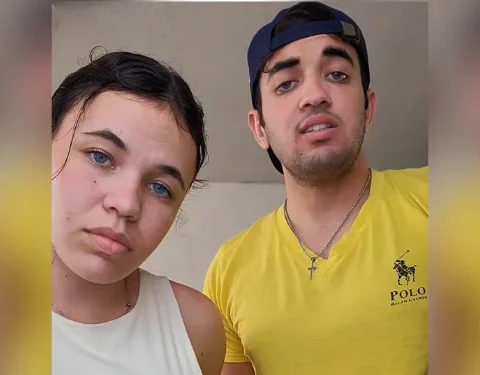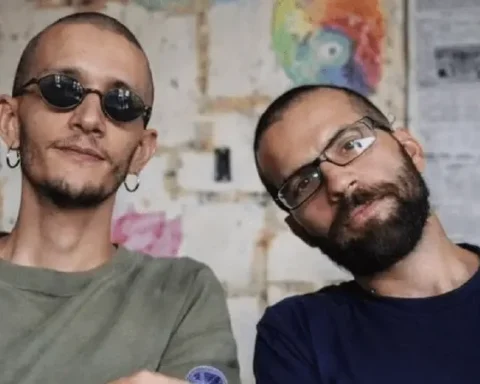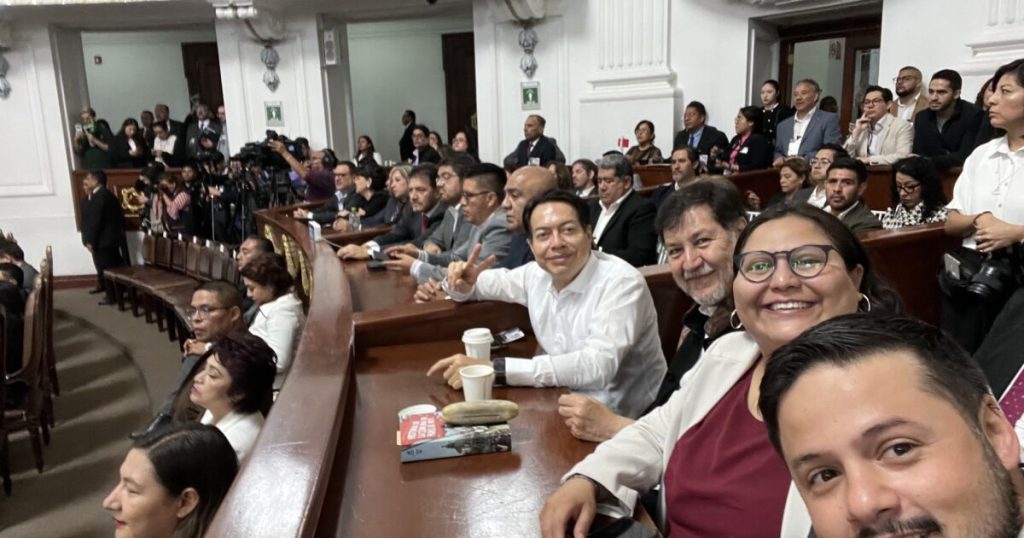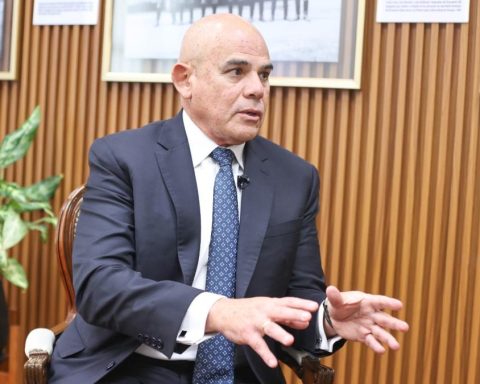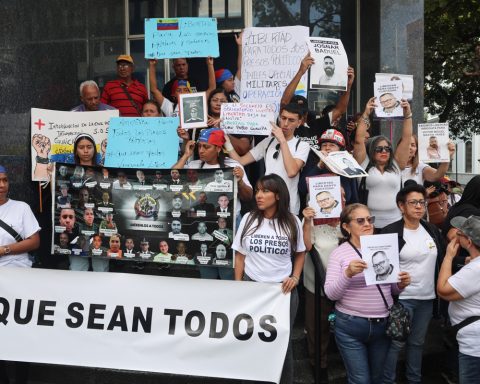AREQUIPA, Peru – In Cuba, films or cinematographic works can be banned for a wide variety of reasons, including the subject matter they deal with, the political stances of their director, the timing of their release, or even the author’s enmity with the political commissars of revolutionary art.
Censorship has been naturalized as a totalitarian mechanism, similar to that of the former Soviet Union, and has become an inseparable part of the country’s cultural policy since 1959.
Cultural commissioners have been at pains to ensure that no country is portrayed that does not fit the official image, and when filmmakers overstep the boundaries, they are ostracised and their productions are banned.
Very famous is the case P.Mthe first milestone of revolutionary censorship. Its creators only wanted to show Cubans in the Casablanca neighborhood drinking and dancing at night, but the commissioners preferred to present a uniformed and committed population. This festive image, according to them, distorted the new Cuba.
The documentary, by Orlando Jiménez Leal and Sabá Cabrera Infante, unintentionally caused an earthquake that shook the Caribbean cultural world. That innocent video gave rise to a series of meetings, chaired by Fidel Castro, to determine what the guidelines of the new artistic policy would be. The result went down in history under the name of “Words to the intellectuals”, a speech that made official the prohibition of any artistic work that deviated from the “revolutionary norm.”
In the 1980s the scenario remained more or less the same. At the beginning of this decade the documentary stood out Improper conductby Orlando Jimenez Leal and Nestor Almendroswhich recounted discrimination against people with dissident sexualities and identities in Cuba. The material was banned on the island.
Even more absurd was the case of Alice in Wonderland (1991), by Daniel Díaz Torres. Although the script was approved, the project was given the green light and it was promoted for two years, its release coincided with the collapse of the USSR; therefore, it was determined that it was not the best time for the public to see the film. Its political ambiguity and polysemy could be used by counterrevolutionaries, justified the head of censorship, Alfredo Guevara.
Other filmmakers were shelved because they emigrated. MelodramaRolando Díaz’s latest film with ICAIC, did not have the expected release because its director decided to go to Spain. This was Cuba in the 1990s, when emigrating was less well regarded than it is today.
Censorship: as rampant as the first day
In the 21st century, marking a film or audiovisual material as “forbidden” will make it more desirable. Nicanor’s shorts, the series Crematorium or Carlos Lechuga’s films have circulated on the Island on flash drives or hard drives. In the new century, thanks to technology and alternative ways to consume products, the ICAIC has lost its omnipotence.
One of the latest productions of Lettuce, Vicenta Bwhich was banned by the regime at the Havana Film Festival held in 2022, finally had its premiere at the Norwegian embassy in the Cuban capital in November of last year.
The film was screened in the Cinema under the Stars space of that diplomatic headquarters with an excellent reception from the public, as could be seen in the photos disseminated by the embassy on its networks. Lechuga, from Spain, had announced the screening and had been in charge of emphasizing that the premiere would not be in Cuban cinemas.
Also very recently, in February 2023, the filmmaker Cuban Luis Alejandro Yero made the world premiere of his first feature film, Calls from Moscowat the Berlin Film Festival.
The work was part of the film selection of the IV INSTAR Film Festival, organized by the Hannah Arendt Institute of Artivism.
However, the International Festival of New Latin American Cinema in Havana decided to censor it.
Fernando Rojas, former Vice Minister of Culture of the Island, referred to the film as an “attack on the Revolution.” “I am not begging: I am living, along with many others, a cultural life that is second to none, in complete freedom and against colonization. Yero himself answers. Or do you really (…) believe that it will be shown on the screens of the Festival? an attack on the Revolution?”, he wrote on social media.
The work of the young Cuban, a graduate of Journalism from the University of Havana, deals with the drama of Cuban migrants who travel to Russia Hoping to cross the continent and seek asylum in Europebut their irregular status as foreigners first, and the invasion of Ukraine Then he left them stranded in a place that was doubly hostile to them.
The list of those censored by Castro has grown over the decades, and has included such filmmakers as Alan Gonzalez, Alejandro Alonso, Armando Capo, Arturo Infante, Carlos Quintela, Daniela Munoz Barroso, Eduardo del Llano, Enrique Alvarez, Rosa Maria Rodriguez, Fernando Fraguela, Ian Padron, Carla Valdes, Jorge Molina, Jose Luis Aparicio, Heidi Hassan, Juan Carlos Cremata, Juan Pin Vilar, Ricardo Figueredo, Pavel Giroud, Yimit Ramirez, among others.
In this sense, dozens of films have been banned on the Island, such as Santa and Andrew (2016), Utopia (2004), Of divers, lions and tankers (2005), Out of league (2008), Dreams adrift (2020), Memories of development (2011), Blue heart (2022), Wake up (2012), The unique story of Juan with nothing (2016), The Padilla case (2022), I want to make a movie (2020), If you understood me (1998), Actresses, actors, exile (2007), Demolish (2004), The northern line train (2014), and more.



